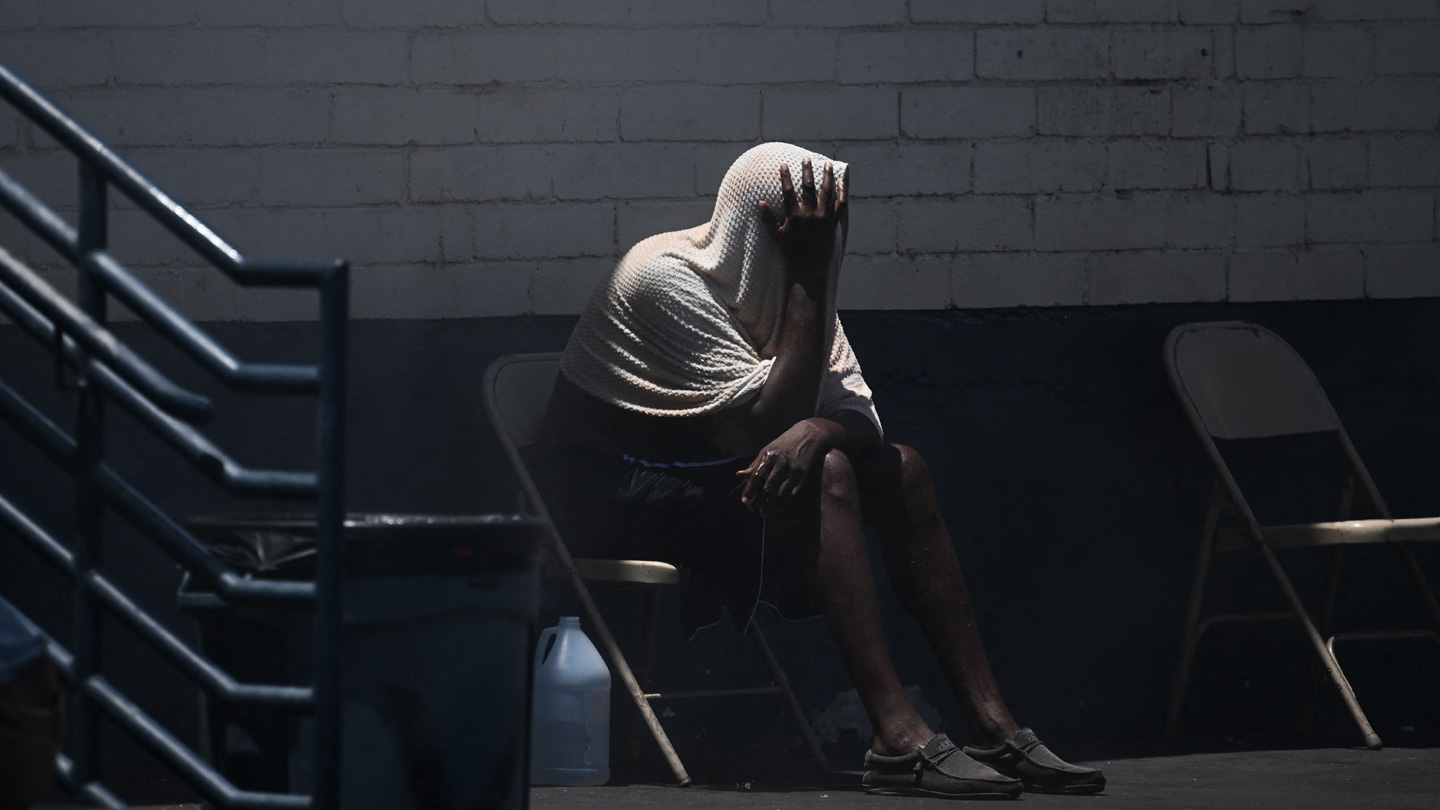Extreme Heat Waves Are Pushing The Human Body

July 2023 was the hottest month ever recorded. It could even be the hottest month in human history.
A record-breaking heat wave is still lingering in the U.S. Southwest. In 2020, the temperature jumped to 38 degrees Celsius in Siberia, marking the highest ever recorded in the Arctic Circle. Nine of the 10 hottest years on record have taken place in the last decade.
Humid heat waves, hot nights
The body has two main pathways to keep cool. The first is swearing. As body temperature rises, sweat glands in the skin release salty water out of pores.
At the same time, the body redirects blood toward the skin surface by dilating the blood vessels just under the skin and pumping the heart harder.
The Dangers Of High Heat
The combined forces of increased heat, higher humidity and hotter nights tax the systems that cool our bodies.
Even sweating can have risks. If you don’t have enough water while sweating, your body begins to get dehydrated. Dehydration thickens the blood and as a result, puts more pressure on the heart. It also puts pressure on the kidneys, which need more water to flush out toxins from body. In cases of chronic dehydration, it can lead to kidney disease.
Even in cases that aren’t fatal, some research suggests heat-related injury can lead to years of increased risk of heat injury or death.
How To Stay Safe.
“Almost every heat-related death is preventable,” Ebi says. “People shouldn’t be dying from heat waves,”
Additionally Ebi says, the world must reduce greenhouse gas emissions to help limit the climate extremes that can be most fatal. “Heat is an all-of-society issue, and needs an all-of-society approach to protect the most vulnerable to make sure that people have access to the services they need.”


Comments are closed.